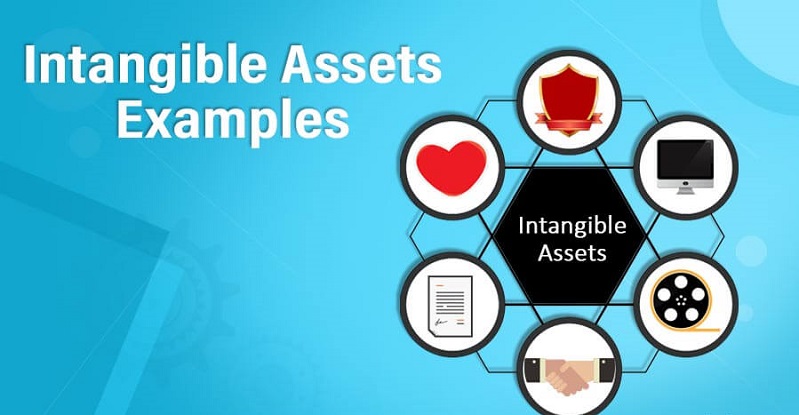The Deputy for Scientific, Technological, and Economic Affairs of the President stated that the fundamental infrastructure for the knowledge-based economy is the implementation of the valuation system for intangible assets.
As reported by IDEA, Rouhollah Dehghani, during the unveiling ceremony of the new system for valuing intangible assets, mentioned that one of the main tools used by the West to collect funds from society is the intangible asset system. He noted that the implementation of this system could lead to the development of the knowledge-based economy and a reduction in inflation. Intangible assets are the area that can bring unallocated liquidity into the market and make it more purposeful.
Quoting the Deputy for Scientific, Technological, and Economic Affairs of the Presidency, Dehghani Firouzabadi said that the system for identifying, registering, and valuating intangible assets has been completed, but it needs validation. The validation of this system for knowledge-based companies and their intangible assets needs to be integrated into the banking system. According to him, reducing inflation, collecting purposeless cash, and promoting knowledge-based production are the outcomes of validating this system.

During this unveiling event, the head of the Innovation Fund stated that the matters related to the valuation of intangible assets are a very crucial gateway to the development of the knowledge-based economy. From now on, we need to witness serious development in the knowledge-based economy. Mohammad Sadegh Khayatian emphasized that investment in intangible assets will shape the future of the country’s economy and on global indices, countries will be ranked based on the amount of their intangible assets and the investment in these assets.
He stated that in the past month, the organization for the stock of intangible assets recognized knowledge-based companies, considering the dilemma of intangible assets as a matter of transparency. In order for an investor to be able to divest intangible assets, a systematic market must be established for these assets. For this to happen, previous experiences need to be analyzed to finally create a market that thrives on intangible assets. To assist investors in the field of intangible assets, incentives are needed. These incentives include areas like transparency, tax considerations in research and development, and even insurance matters.

The Minister of Economy also mentioned during this unveiling that our efforts aim to enable companies to make their assets liquid and real. Ehsan Khandouzi referred to the problems that knowledge-based companies face in the area of intangible assets: some companies faced the threshold of bankruptcy because policymakers did not recognize their assets. We hope to see the results of the new intangible asset valuation system in the financial reports of companies for the year 1402 and the impact of the facilities they received.
For a long time, knowledge-based and technology-oriented companies have been seeking a mechanism to value intangible assets for entry into the capital market. These assets are non-physical assets of knowledge-based companies such as software, trademarks, and intellectual property rights, which will be included in the financial reports of these companies with the new valuation system.




No Comment! Be the first one.